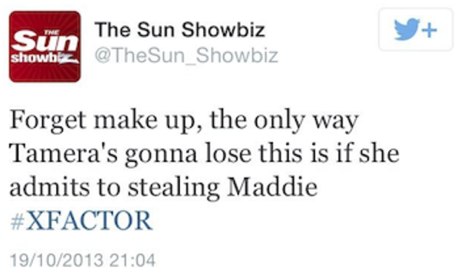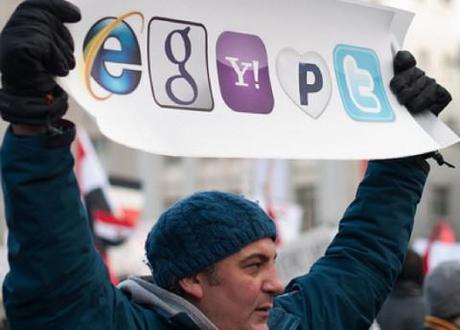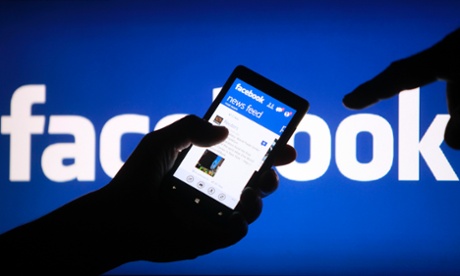http://www.theguardian.com/media/2013/oct/21/sun-apologises-madeleine-mccann-x-factor-joke

This article focuses on The Sun newspaper apologising by making inappropriate tweets about the XFactor contestant Tamera's Foster about Madeline McCann. During XFactor live show The Sun Showbiz Twitter account tweeted about Tamera Foster in relation to the press coverage about her getting caught for shop lifting. However, the Tweet was deleted immediately deleted by furious blacklash and The Sun apologised for this incident. Notably, The Sun's editor David Dinsmore apologies to the McCann family expresses how sorry he is about this incident.
Personal, I think it is wrong for The Sun newspaper to tweet about a serious situation and make fun out of it because it is offensive to the public and especially to the McCann family. In my opinion, newspapers should respect serious situations, especially Madeline McCann disappearance as today in contemporary society the McCann family are still looking for answers for their daughter's kidnapping.





